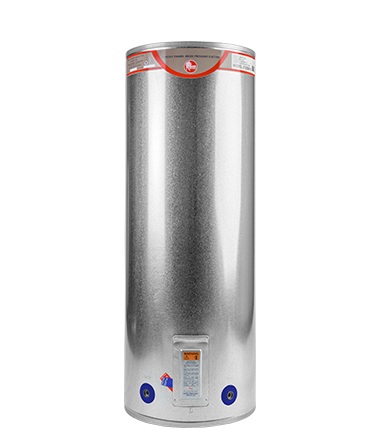The Future of Home Heating Exploring Heat Pump Hot Water Technology
As the world moves towards sustainable living, the need for efficient, eco-friendly home heating solutions has never been more critical. Among the innovative technologies making a significant impact is heat pump hot water technology. This system not only reduces energy consumption but also aligns with global efforts to combat climate change. In this article, we will explore the mechanics, benefits, and future potential of heat pump hot water technology, highlighting its role in the future of home heating.
Understanding Heat Pump Hot Water Technology
Heat pump hot water systems are designed to provide an energy-efficient method of heating water. Unlike traditional water heaters that generate heat directly, heat pumps work by transferring heat from the surrounding air, ground, or water to the water stored in the tank. This process is achieved through a refrigeration cycle that involves an evaporator, compressor, condenser, and expansion valve.
The key to the efficiency of heat pumps lies in their ability to move heat rather than generate it. For instance, air-source heat pumps extract heat from the air, even at low temperatures, and use it to heat water. This makes them incredibly efficient, often producing three to four times the amount of energy they consume. Ground-source (or geothermal) heat pumps are even more efficient, as they utilize the relatively constant temperature of the earth to transfer heat.
Benefits of Heat Pump Hot Water Systems
Energy Efficiency: Heat pump water heaters are significantly more efficient than conventional electric or gas water heaters. This efficiency translates into lower energy bills and reduced carbon footprint.
Environmental Impact: By relying on renewable sources of energy (air, ground, or water), heat pumps reduce greenhouse gas emissions. This aligns with global sustainability goals and helps homeowners reduce their environmental impact.
Cost Savings: Although the initial installation cost of a heat pump system can be higher than traditional systems, the long-term savings on energy bills often offset this initial investment. Additionally, many regions offer rebates and incentives for installing energy-efficient systems, further reducing the financial burden.
Versatility: Heat pump systems can be integrated with other renewable energy sources, such as solar panels, to further enhance their efficiency and sustainability. They can also be used for both heating and cooling, providing year-round climate control for homes.
Longevity and Maintenance: Heat pumps generally have a longer lifespan compared to conventional heating systems and require less maintenance. This reliability makes them a wise investment for homeowners looking for long-term solutions.
The Future Potential of Heat Pump Hot Water Technology
The future of home heating is inevitably leaning towards technologies that promote sustainability and efficiency, and heat pump hot water systems are at the forefront of this transition. As advancements in technology continue, we can expect heat pump systems to become even more efficient and accessible.
Technological Advancements: Ongoing research and development are expected to yield heat pump systems with higher performance levels and reduced costs. Innovations such as improved refrigerants, better heat exchangers, and smarter control systems will enhance efficiency and user experience.
Integration with Smart Home Systems: Future heat pump systems will likely integrate seamlessly with smart home technologies, allowing homeowners to monitor and control their heating systems remotely. This will optimize energy use and further increase savings.
Expanded Use of Renewable Energy: As the adoption of renewable energy sources like solar and wind power grows, heat pump systems will increasingly be powered by these clean energy sources. This synergy will create a more sustainable and resilient energy infrastructure.
Policy Support and Incentives: Governments and organizations worldwide are recognizing the importance of energy efficiency and sustainability. Increased policy support and financial incentives will drive the adoption of heat pump technology, making it a standard choice for new and retrofitted homes.
Global Impact: The widespread adoption of heat pump technology can significantly contribute to global efforts to reduce carbon emissions and combat climate change. By replacing traditional fossil fuel-based heating systems, heat pumps can play a crucial role in creating a more sustainable future.
Conclusion
Heat pump hot water technology represents a significant leap forward in the quest for sustainable home heating solutions. Its efficiency, cost-effectiveness, and environmental benefits make it a promising alternative to conventional heating systems. As technology advances and global awareness of climate change grows, heat pump systems are poised to become a cornerstone of modern, eco-friendly homes. By embracing this innovative technology, homeowners can enjoy reliable, efficient heating while contributing to a more sustainable future. The future of home heating is bright, and heat pump hot water technology is leading the way.
Contact Us:
Hot Water Solutions
3d Tait Place, Auckland
Email: info@hotwatersolutions.nz
Call Us: 0800 HWSOLU (497658)
Google map: https://maps.app.goo.gl/weuxr8LohUEv2ooj6
Social Links:
https://www.facebook.com/Hot-Water-Solutions-100885308035357/




Comments
Post a Comment